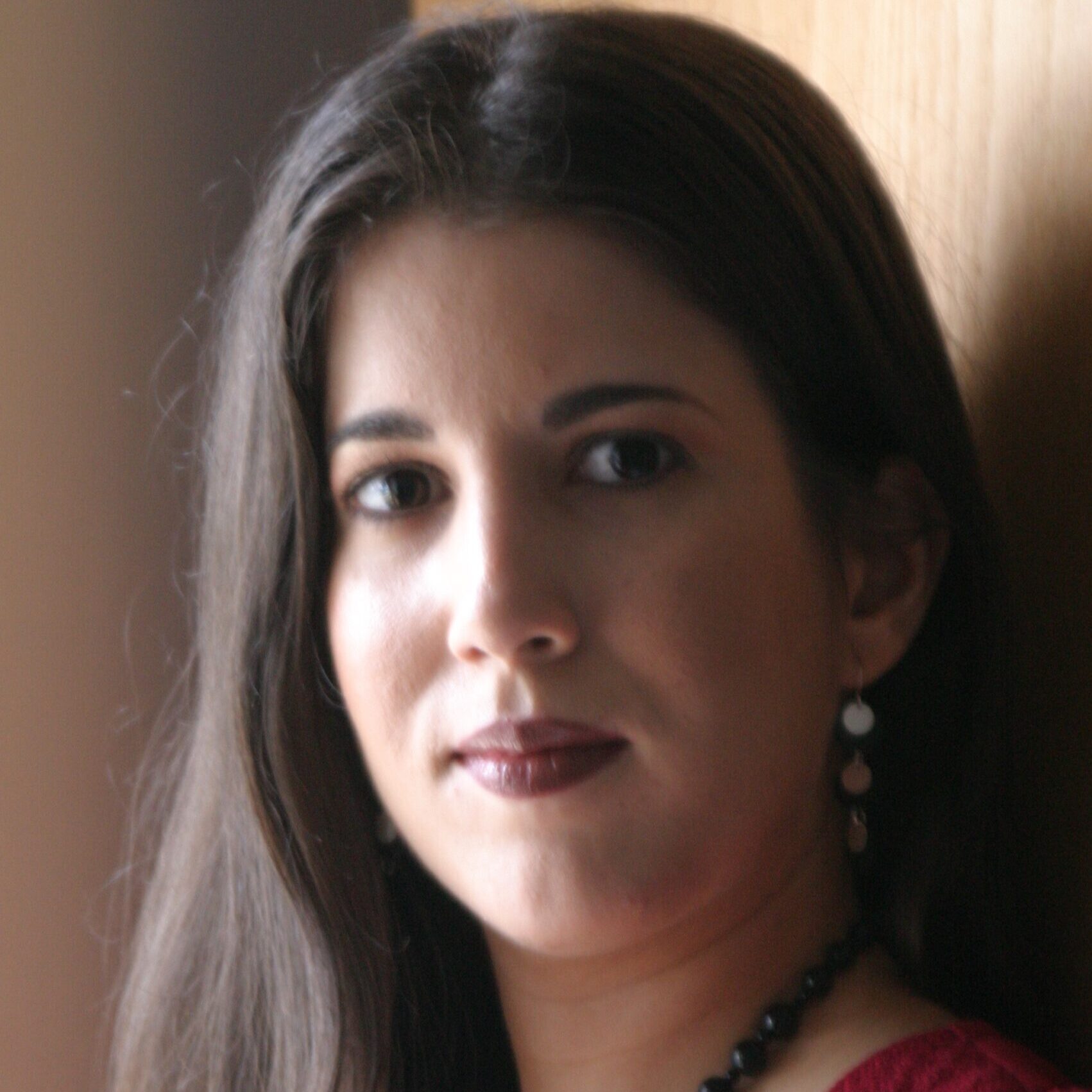Pain sears my chest, radiates from an incision
fish-netted by seventeen stitches.
Post-surgery, Mami and I are separated
by state lines. She in Florida. I in Texas.
I often don a tough-girl guise for Mami,
but I telephone, wail full throttle, weeping
akin to Black Canary’s sonic blast—
a verbal assault that shatters eardrums,
decimates buildings, downs jumbo jets, annihilates
islands. Papi worries since Mami doesn’t sleep or eat.
Depression fogs her will for days. Yet, when I’m
born via Cesarian, it’s Mami who frets over Papi
who somatizes, briefly loses his voice.
Consumed by fear decades before Covid,
he masks up near me, bars cousins from carrying me.
¡Tiene voz de corneta!, Papi exclaims
when he marvels at the intensity of my birth
cry, a fierce trumpet trill that brands itself
on his psyche—a sound awaited and celebrated
by expecting parents everywhere,
yet so unlike, so discernible from the canary cry
a mother never yearns to hear.

